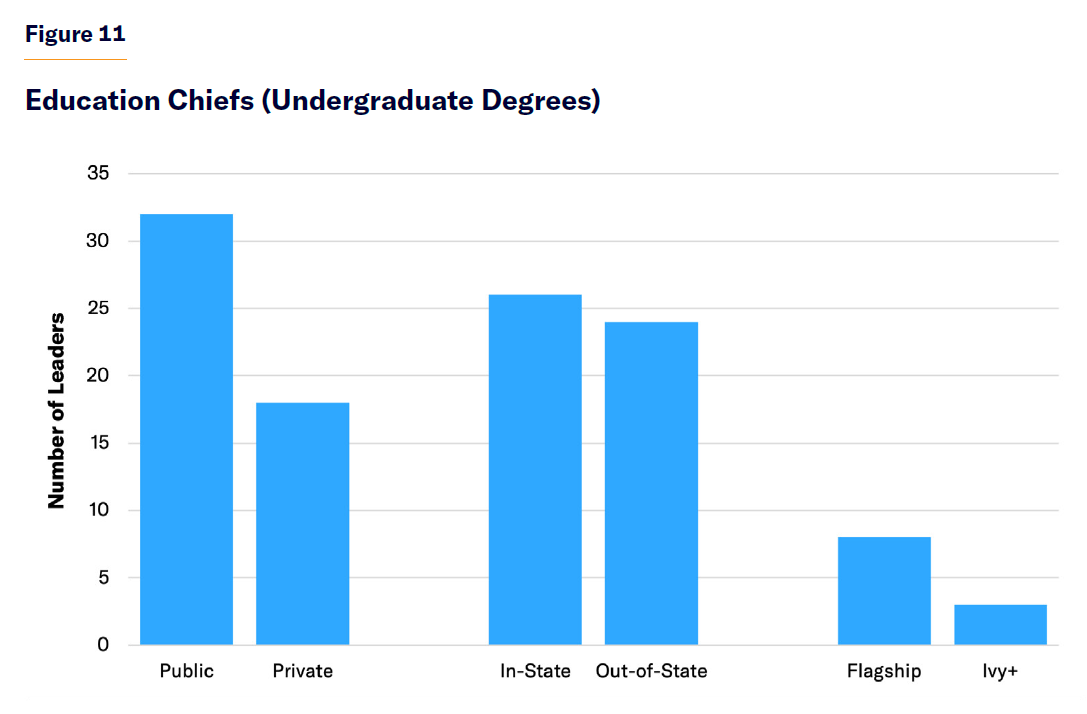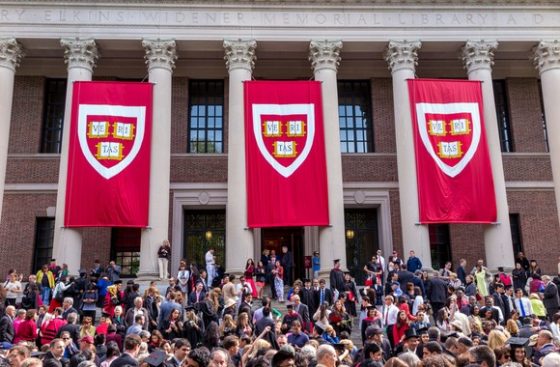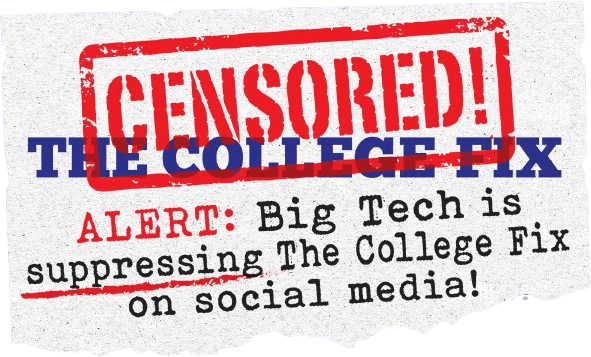UPDATED
Prominent career expert tells The College Fix networking, not degree, matters most
Most state leaders did not attend elite universities but rather went to public colleges, according to a report from the Manhattan Institute.
The conservative think tank’s report looked at the “educational backgrounds of leaders across a wide range of prestigious institutions and employers.” An Ivy+ school refers in this article to both Ivy League universities and other elite colleges such as Stanford University and Northwestern University.
This review included the college education of governors, state attorneys general, education chiefs, and state supreme court justices. It found that public colleges, not elite universities, are the main educators of America’s leaders.
For example, just eight of the state’s 50 governors attended an “Ivy+ school” according to the report. One governor did not even attend college. The think tank did not name the governor, but it is likely Missouri Republican Mike Parson, who served in the Army and as a law enforcement officer before beginning his political career.
Just 12 percent of state leaders have an undergraduate degree from an Ivy+ school, according to the report from Andy Smarick. Meanwhile, 71 percent of all Supreme Court justices since 1967 have an undergraduate degree from of these schools.
Smarick is a former chair of the Maryland Higher Education Commission and president of the state’s board of education. He also found that less than five percent of state education chiefs have an undergraduate degree from an elite college, the report found.
The Manhattan Institute did not respond to an email and a phone message in the past month asking why Ivy+ degrees are highly coveted if graduates of these schools comprise a relatively small amount of leadership positions.
After the article’s publication, Smarick responded with comments, saying he had not received the earlier inquiries.
He told The College Fix:
[I]t seems to me that only a sliver of America focuses on Ivy League schools. But this sliver has a huge platform. The sliver includes, for instance, members of the media with Ivy degrees, scholars at Ivy schools, and institutions with a disproportionate number of Ivy graduates.
In most of America, few leaders attended these schools and those schools are far away. So the Ivy League is seldom part of the conversation. But in prominent, elite, national discussions these schools loom very large. In other words, the higher-education conversation happening in most of America is very different than the higher-education conversation happening in the pages of the New York Times or The Atlantic or in the hallways of consulting firms of Silicon-Valley tech startups.
The researcher gave eight reasons for studying this topic, including the scandals at elite universities, such as the shouting down of a federal judge at Stanford and the plagiarism scandal at Harvard University involving then-President Claudine Gay.

While Smarick did not respond, a nationally known career expert who comments on higher education and workforce trends for finance expert Dave Ramsey’s network, provided further insights to The College Fix.
Ken Coleman told The Fix via a phone interview that what matters is what someone does with the “opportunity that the degree gives you” rather than where the diploma comes from.
He said the study “absolutely” suggests networking in politics matters more than college degree, when asked by The Fix.
“[I]t’s connections to people that open up doors,” Coleman said. He wrote a book on this topic called “The Proximity Principle.”
When asked if similar research has been done on the educational backgrounds of CEOs and other business leaders Coleman recommended a book that challenges the conventional wisdom about success.
It is important for people to realize that their “GPA is not an indicator of life-changing world-changing success,” Coleman said.
He also told The Fix employers are looking for “people who are mentally tough.” They want someone who is going to “put the hard work in to learn.”
He explained further that “grit and adaptability is what they are looking for.” He went on to say “a third thing they are looking for is just some humility.”
Coleman said recent college graduates should be “very intentional to seek out people that are older in the building” in order to stand out among others.
Editor’s note: The article has been updated with comments from Smarick and to clarify The College Fix reached out to the communications team, not Smarick directly.
MORE: Coloring, puppets, crafts: Elite universities prepare students for election results
IMAGES: Manhattan Institute; F11 Photo/Shutterstock


